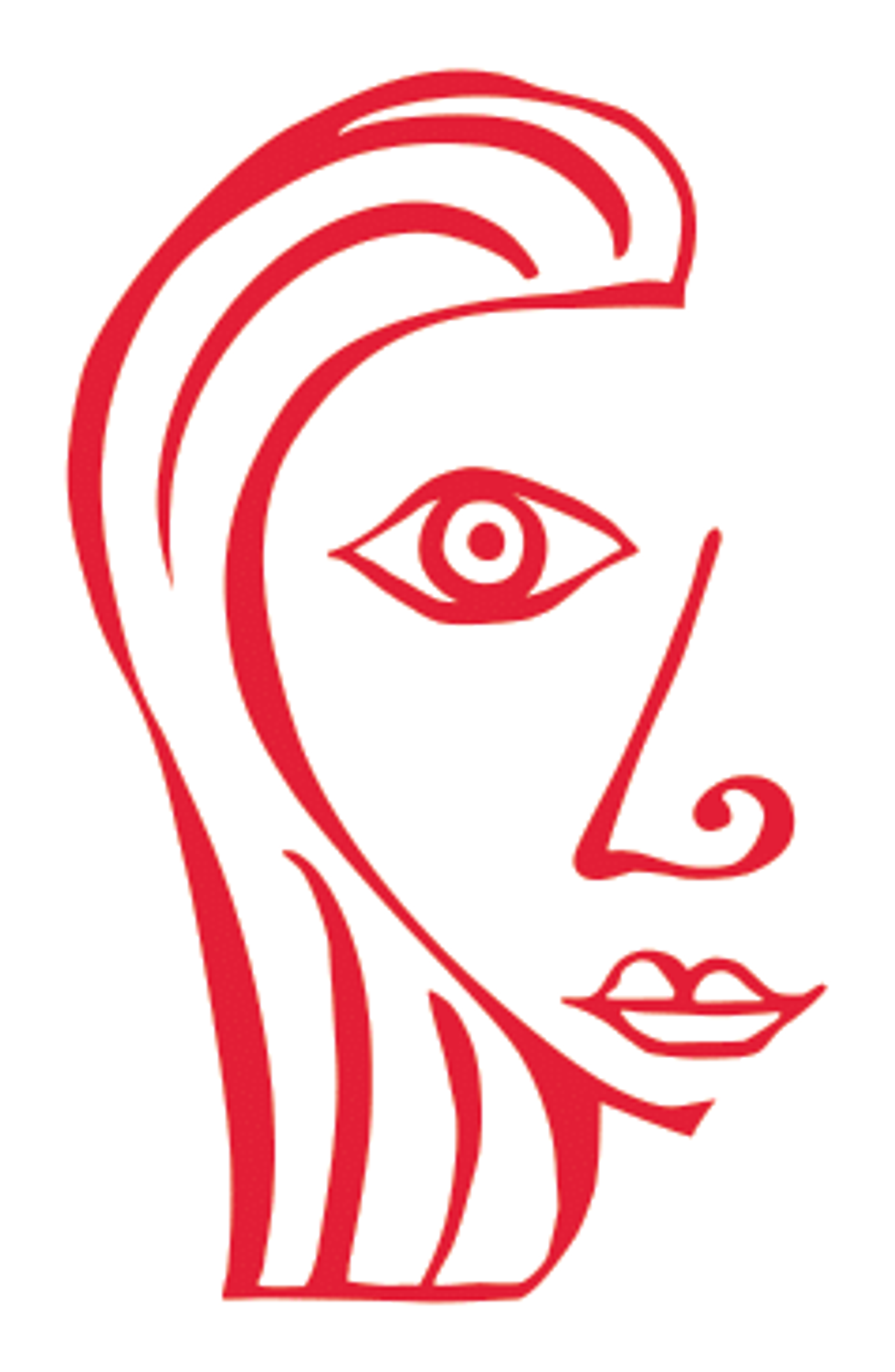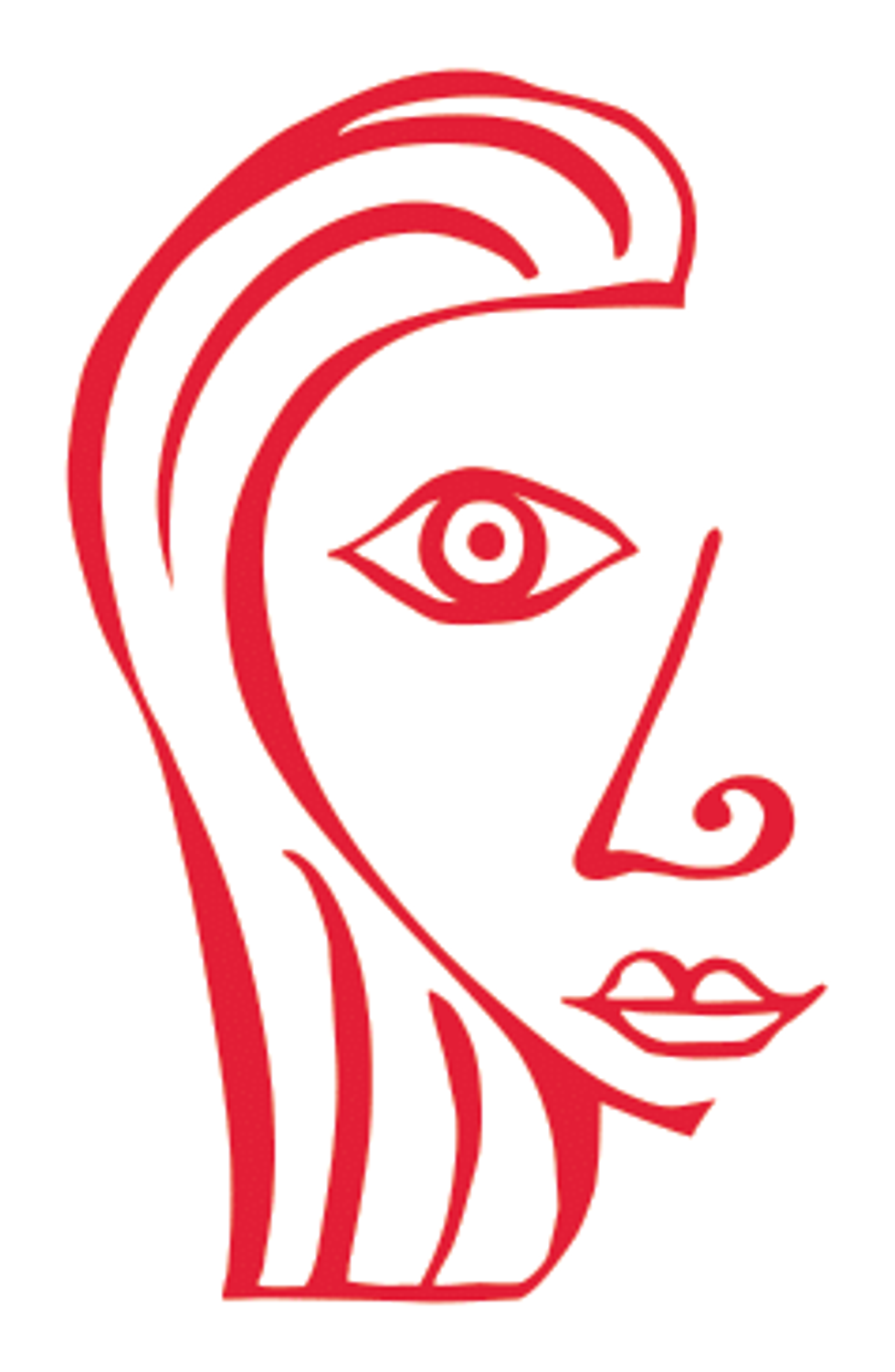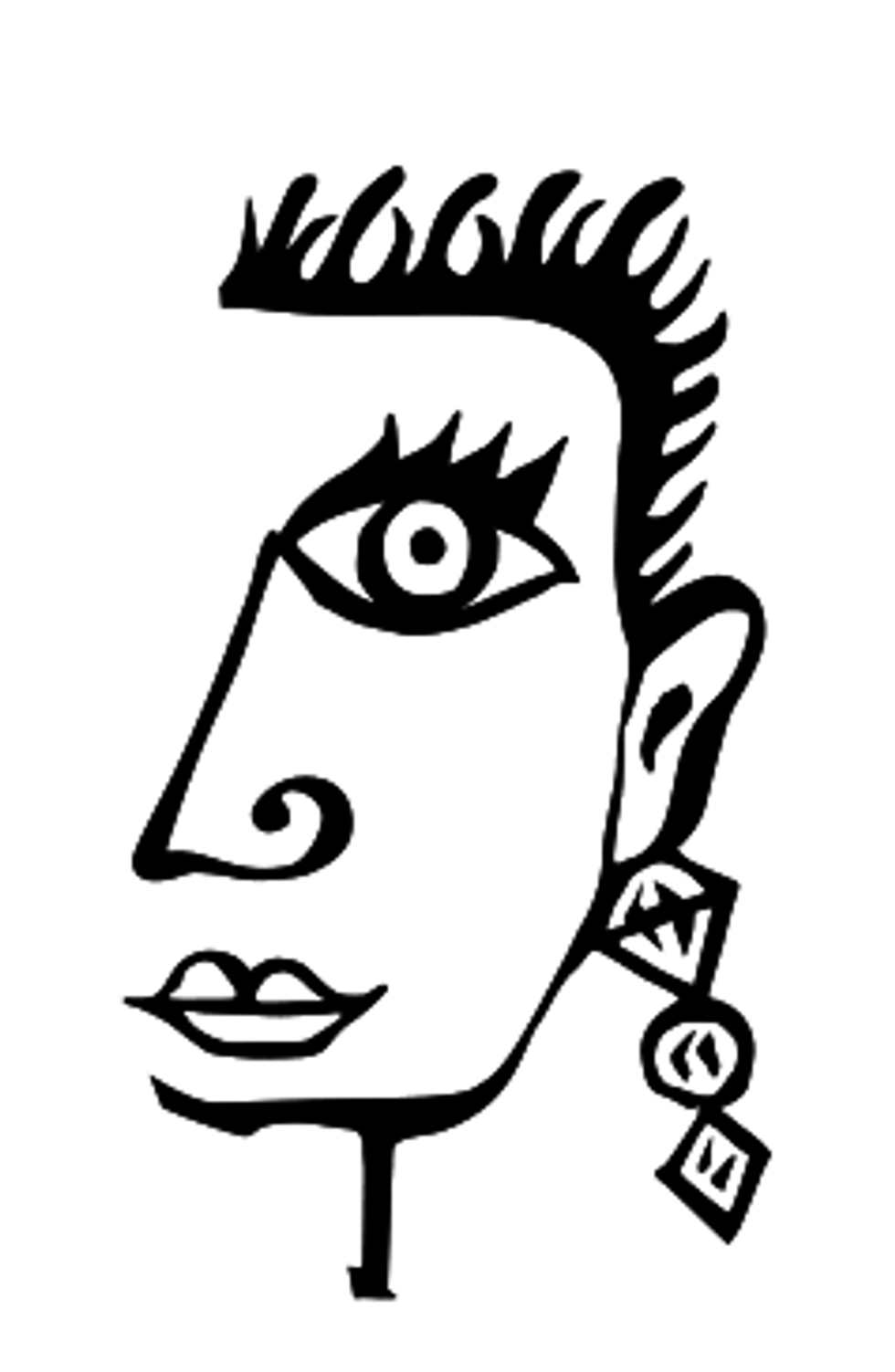| Now that the Olympics are over, I'll admit that I didn't watch much of them. But years from now, what I'll remember, besides the impact of COVID-19, will be gymnast Simone Biles removing herself from competition because of a mental health issue. Obviously, it was totally unexpected and sad, yet so inspiring as people – from other athletes to fans to broadcasters to celebrities – rallied behind her. | |
| When she came back to win the bronze medal on the balance beam, she explained how it meant "more than all the golds." I believe that looking back, she may find that this was her most important and far-reaching Olympics, as she not only shone a light on the importance of mental health, but she changed the narrative making it ok to not be ok. | |
| Absolutely. But I also loved seeing the various clips of her cheering on her teammates and even congratulating competitors. The other thing I'll remember is that story you sent me about the two high jumpers who were tied for gold when the bar was raised to the Olympics-record height, although neither of them made it. They were going to decide the winner with a jump-off until one of them asked if they could have two golds. |
| Apparently, they are friends on and off the track, but the spirit of sportsmanship surpassed even friendship in this case. At the risk of sounding warm and fuzzy, which is your area of responsibility, that is one of many stories about athletes helping one another, celebrating with each other, showing kindness towards each other, even in the face of disappointment. | |
| It reminds me of why I loved watching the Olympics when I was growing up – the love and joy of sports where winning was the ultimate goal but not to the point where it overshadowed everything. | |
| I think for many, if not most, athletes, that is probably the way they still feel. Or, if you were to watch the Olympics via TikTok (some great stories and links), you would see the "human" or what you refer to as the "mere mortal" aspects of the Olympics. Unfortunately, from a bigger perspective, the Olympics has "succumbed" (for lack of a better word) over time to outside forces as it became a big business, influenced by politics, and the controversy of performance-enhancing drugs. | |
| Please save that for another day. I don't mind talking about the history of the Olympics dating back thousands of years, but if we're talking about modern times, I prefer to focus on "feel good" stories. I always have. Even when I watched it as a kid, one of my favorite parts of the telecast was all the athlete profiles. | |
| It is the power of stories. And the fact they are not only world champion athletes – they are people. The stories and profiles can be inspirational because it shows they are more than just skills, it shows the humanity, the hard work, the dedication. And, oftentimes, the trade-offs and disappointments. | |
| I know that over the decades, there have been so many inspiring Olympic moments, but the most memorable, at least for me, are the personal ones about the athletes. And this year, my biggest "take-away" will be Simone Biles and her extraordinary achievement in coming back to win the bronze. She showed you should never count someone out, especially if they not only have unfathomable athletic skills but the heart and commitment to facing challenges head-on and overcoming them, even when those challenges are deep within themselves. | |
| And that, to me, is the essence of the Olympics. The world records and medal counts may be easier to track, but it is the impact and ripple effect of the athletes that will stay with us once the games are over. |
The more things change — the more they stay the same. Red will be seeing in the new year with an old movie (and some late-night popcorn), while Black will be fast asleep (or possibly working) as 2025 turns to 2026. So, we smiled when we re-read our New Year’s Eve post from 2022 (see below) …
The memories remain. The only difference? This year, when we wish you Happy New Year, we’ve updated it to … and may 2026 be filled with health and happiness, love and laughter.
| I remember when I was growing up and old enough to stay home alone (long before the movie “Home Alone”) on New Year’s Eve. Our parents may have gone out to celebrate, but I had the perfect evening. Before they left, they’d get me my favorite takeout Chinese food (again, long before the days of food delivery services), and I’d savor the egg drop soup with wontons and a large container of pork fried rice, knowing that I didn’t have to share with anyone. Then, I’d settle in for a night of old movies on TV, only taking a short break to watch the ballcome down in Times Square, before going back to watching movies for hours. (Long after my parents had come home and gone to sleep.) Fast forward more decades than I care to admit, and my favorite way to celebrate New Year’s Eve is pretty much the same. Except now, what would be even more perfect would be to have my daughters home with me. |
| I started to say that Red has always needed to get a life, but the reality is that I understand why she likes a quiet New Year’s Eve and has created her own “special” tradition. Over the years, I would celebrate New Year’s Eve by going out to a “special” dinner with my spouse or significant other (if applicable) and dear friends. The funny thing is the older we get, the earlier we return home. We tell ourselves it is because we do not want to be on the roads with the drunks, but that does not explain why we all admit we usually are asleep well before midnight. |
Whether celebrating by yourself or with others … whether you find yourself feeling extra warm and fuzzy and reminiscing at midnight, like Red, or being pragmatically optimistic, like Black, who will raise a glass and toast her friends as well as the promise and hope that the new year offers us all … we want to wish you,
Happy New Year! And may 2023 be filled with health and happiness, love and laughter.
Tonight is the first night of Chanukah (FYI, there are multiple "correct" spellings), and while Red may be celebrating the Festival of Lights with potato latkes (pancakes), when she lights the menorah to symbolize bringing light into darkness, she’ll be laughing at Black’s car analogy …
| At the risk of Black coming up with another potato analogy, for me, Chanukah's all about potato latkes. The childhood memories of our dad grating pounds and pounds of potatoes to the point where I'm not sure I could see our kitchen table, many decades later, my eldest daughter taste-testing latkes from an assortment of places. (I love to cook, but latkes are a lot of work.) Of course, the lighting of the menorah is also such a special part of the holiday celebration, whether the electric menorah that my parents had where you would "twist" each light bulb as the nights progressed or the more traditional menorah with candles that my daughters and I light each year (and never leave unattended). |
| I never cease to be amazed by the miracle of Chanukah (regardless of whether you spell it Chanukah or Hanukkah, or some other variation) and how the oil that was only supposed to last one day instead lasted for eight days. It is as if your cellphone indicated it is at 12% but lasts eight days. Or, if the gas gauge in your car indicates you have 25 miles left, but you are able to drive 200 miles. Sometimes things happen that defy logic, and that is where faith takes over. And, a belief in something bigger than all of us. |
Tomorrow is the start of Chanukah, the Festival of Lights, which celebrates hope and miracles – and who could not use hope and miracles?
Happy Chanukah!


 Redassets.rebelmouse.io
Redassets.rebelmouse.io Blackassets.rebelmouse.io
Blackassets.rebelmouse.io red headassets.rebelmouse.io
red headassets.rebelmouse.io